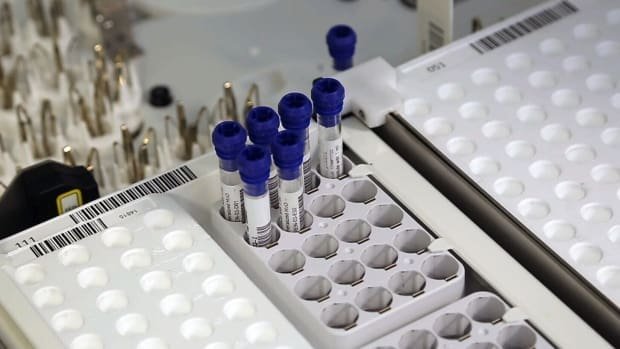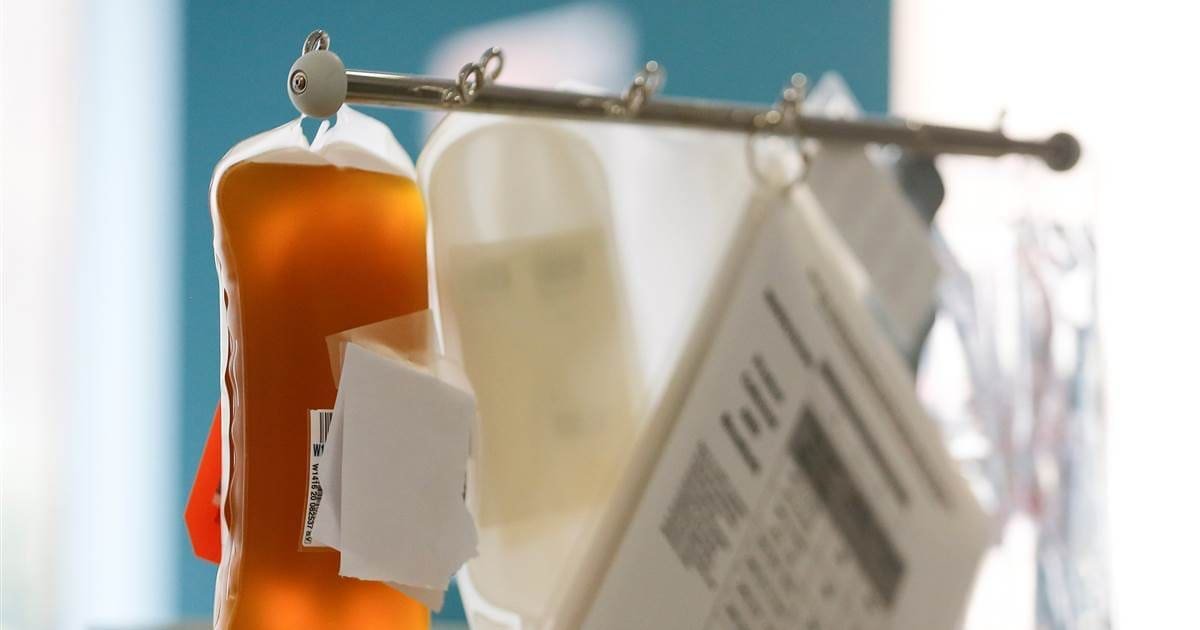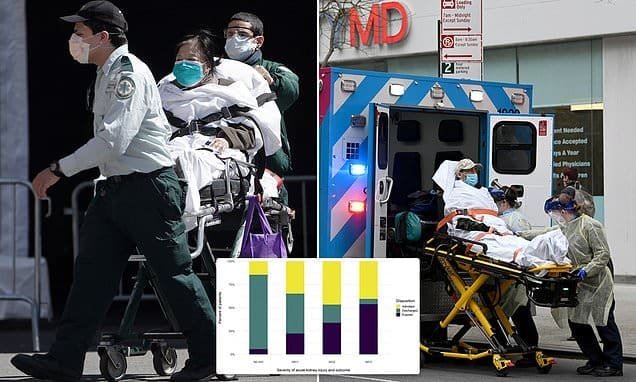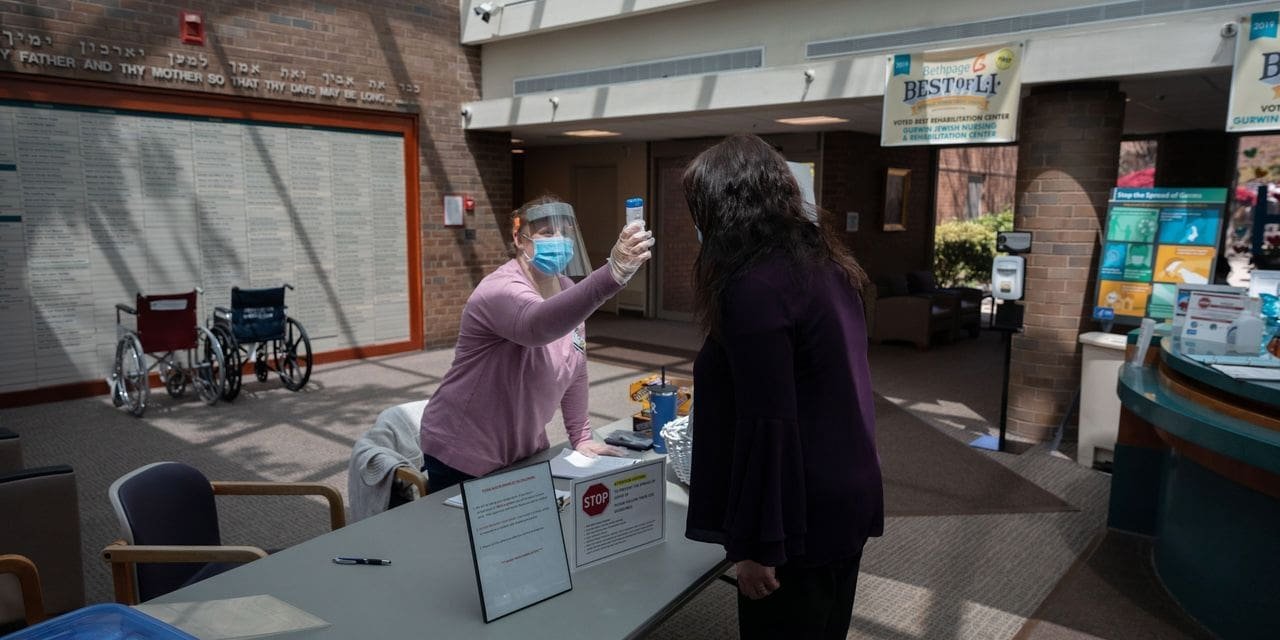Canada’s first antibody test marks step forward in COVID-19 response
TORONTO —
Scientists are optimistic about a newly approved blood test that can detect COVID-19 antibodies, saying it will help provide a wider picture of how many Canadians were infected and support research into one of the most pressing questions about the virus: how long immunity lasts.
When a person is exposed to any virus, their body naturally develops antibodies to fight it off. These Y-shaped proteins linger in the blood for a period of time after infection and offer various degrees of immunity.
But what remains unclear with COVID-19 is how long these antibodies stay in a person’s system and what sort of protection they may provide against re-infection.
The Italian-made test, the DiaSorin LIAISON, was approved by Health Canada on Tuesday and will be used in Canadian labs to determine if a blood sample contains COVID-19 antibodies — evidence that an individual was exposed to the virus and recovered.
Prime Minister Justin Trudeau said the information provided by these tests will be helpful for scientists.
“These tests will help us better understand immunity against the virus and how it spreads, so we can keep Canadians safe,” he said.
The new test, which is the first of its kind in Canada, marks a key step forward in testing strategy. Up until now, swab tests have been used to test individuals who presented symptoms. The new test uses blood samples and can determine if someone who had no symptoms or didn’t seek treatment unknowingly fought off the virus, as long as antibodies are still present.
Canadian scientists plan to collect and test at least one million blood samples over the next two years to track the virus in the general population and other at-risk groups, such as seniors and health-care workers.
This new test, which is not yet available for the general public, will play an important role in developing a broader picture of community infection in Canada.
The DiaSorin testing system is already being used around the world in countries including the United States, Australia, Russia and India. The Italian company has supplied other blood-testing equipment to Canadian labs for years.
TESTING THE POPULATION
The “first key use” of the new antibody test will be in wide-scale population testing, chief public health officer Dr. Theresa Tam said Wednesday.
But she also cautioned that, because the science around immunity is still developing, it’s too soon to rely on antibody tests as a guarantee that someone won’t get reinfected.
“It is a little premature to be able to use these tests and interpret them on that basis,” she said.
Instead, Tam said the antibody tests will help bolster ongoing research into how long immunity lasts and what sort of protection antibodies provide against a second exposure to COVID-19.
Infectious disease specialist Dr. Sumon Chakrabarti called the new test “a great development.”
“We need something like this and it’s going to be helpful in terms of giving us what I call the rest of the iceberg — the full spectrum of the picture of what COVID-19 does in the population,” Dr. Chakrabarti told CTV News Channel on Wednesday.
ANTIBODIES DON’T GUARANTEE IMMUNITY
The DiaSorin test was developed in the midst of Italy’s devastating COVID-19 outbreak. Data shows that the test is 97.5 per cent accurate, a figure that Colin Furness, an expert in infectious disease epidemiology from the University of Toronto, calls “pretty good.”
“No test is perfect,” Furness said.
Antibodies don’t equal immunity, at least at this stage of research, but Furness said this new test is “the first step” in learning about long-term population immunity.
“It has the potential to shed light on a really important question which is, ‘How far has COVID moved in the community?’ We only know about the cases that we have tested and it’d be great to know just how much the population has been exposed.”
If antibodies are proven to have a strong correlation with long-term immunity, these tests could be critical in re-opening society. Antibody testing could allow health care workers to return to work without fearing that they will contract or spread the virus.
The idea of “immunity passports” that would allow individuals with antibodies in their system to move around more freely has been proposed, but the World Health Organization shot down the idea, saying there isn’t enough evidence that such an approach would work.
To make matters trickier, some people exposed to the virus don’t test positive for antibodies but instead experience what doctors call “cell-mediated immunity.” This happens when T-cells identify and eliminate other cells in the body infected with the virus.
Most studies show that people who recover from COVID-19 have a strong antibody response. But in some cases, patients have shown very low antibody levels. The World Health Organization has said this suggests that cellular immunity may be critical for recovery and that antibodies are just part of the picture.
Other countries have already begun administering antibody tests to help determine how many asymptomatic people were infected. The results range from two to three per cent up to 30 per cent in some hard-hit regions.
Countries that have rolled out the DiaSorin testing system typically have patients submit a blood sample at a pharmacy or a medical environment. From there, blood tests are sent to a lab where researchers can run the samples through the testing system.
“The test goes on a large automated system … from a theoretical point of view, it can do close to 200 tests per hour. So if a lab is working on that one shift, it can process between 800 to 1,000 tests per shift,” explained Chen Even, chief commercial officer of DiaSorin Group.







Recent Comments